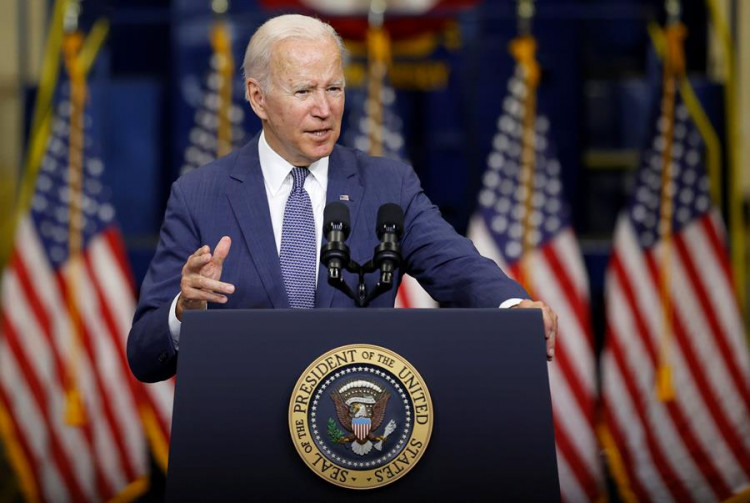The Biden administration has signaled its initial approval of Israel's operation to take control of the Palestinian side of the Rafah border crossing with Egypt, while cautioning that the offensive must remain limited in scope to avoid a humanitarian catastrophe in Gaza. The move comes as ongoing ceasefire negotiations between Israel and Hamas have reached a critical juncture, with the U.S. expressing optimism that the remaining gaps between the two sides can be closed.
White House National Security Council spokesperson John Kirby told reporters that the Israeli operation, launched early Tuesday morning, was "designed to cut off from Hamas's ability to smuggle weapons and funds into Gaza." He added, "What we've been told by our Israeli counterparts is that this operation last night was limited."
However, the administration's support for the offensive is contingent on its scale and duration. State Department spokesperson Matthew Miller warned, "We have made clear that we don't want to see a major military operation. This does look like a prelude to a major military operation. In terms of the policy response, we'll see what happens next before we make those determinations."
The U.S. has repeatedly urged Israel to refrain from launching a full-scale assault on Rafah, where more than one million Palestinians have sought shelter from the seven-month-long conflict. The seizure of the Rafah crossing has effectively cut off a vital lifeline for aid deliveries into the besieged enclave, compounding the already dire humanitarian situation.
U.N. Secretary-General Antonio Guterres appealed to both Israel and Hamas to spare no effort in reaching a truce deal, warning that "a full-scale assault on Rafah would be a human catastrophe." The closure of the Rafah and Kerem Shalom crossings has left Gaza virtually isolated from outside aid, with the U.N. and other international agencies calling for their immediate reopening.
Despite the concerns over the humanitarian impact of the operation, the Biden administration acknowledged that depriving Hamas of revenue collected at the Rafah crossing was a "legitimate goal" for Israel. "Hamas [still] controlled the Gaza side of Rafah crossing, and Hamas was continuing to collect revenue from that crossing being open," Miller explained.
The ongoing hostage negotiations have also been a point of contention, with Hamas claiming on Monday that it had accepted a truce proposal, a statement that the U.S. and Israel disputed. Miller clarified, "Hamas did not accept a ceasefire proposal. Hamas responded and in their response made several suggestions."
CIA chief Bill Burns is currently in Cairo, along with delegations from Israel, Hamas, and Qatar, in an effort to bridge the remaining gaps and secure a ceasefire deal. The U.S. has been pushing for a resolution to the conflict, which began on October 7 when Hamas militants attacked Israel, killing approximately 1,200 people and abducting around 250 others.






